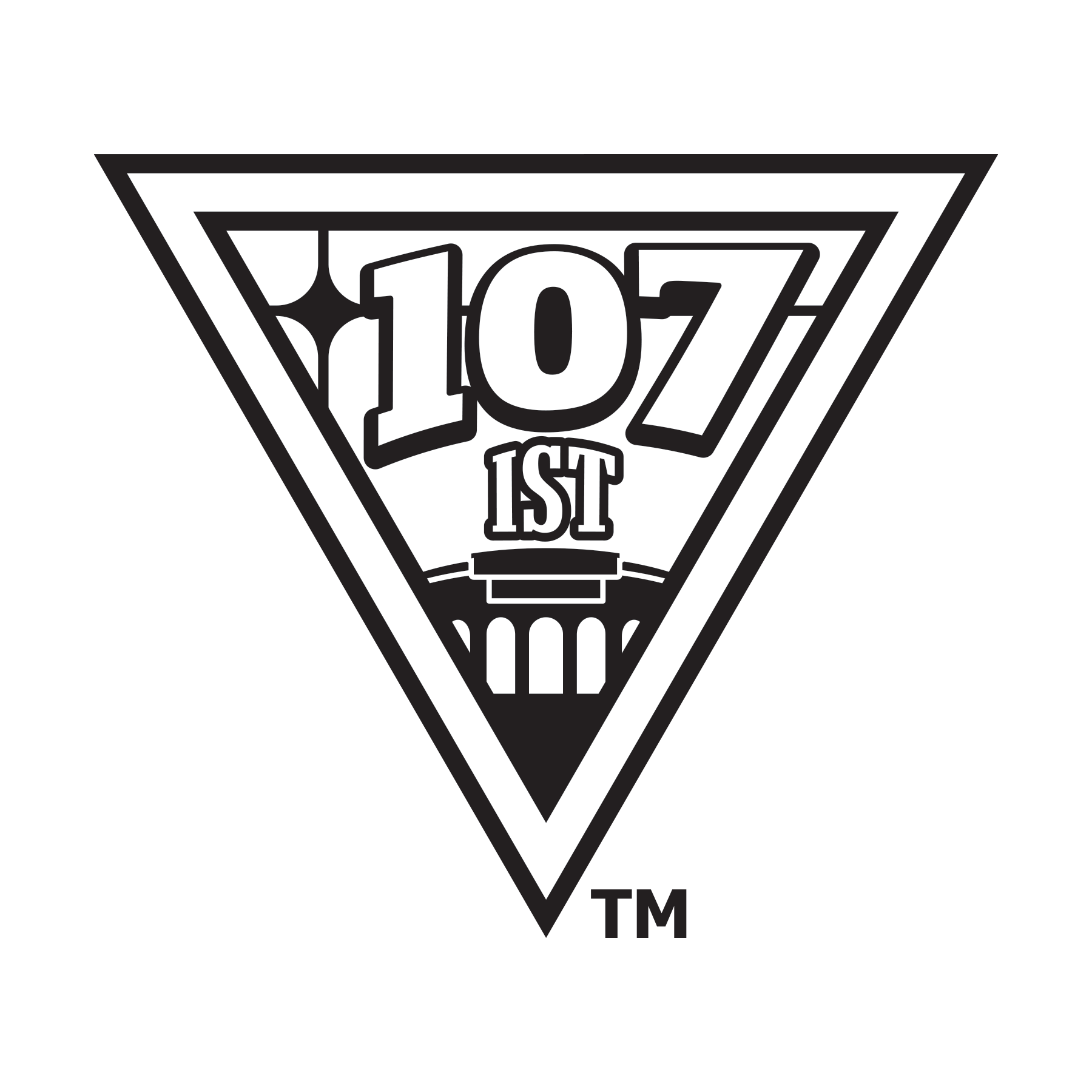The following is a post by Eric Sorenson.
From the MLS Fan Code of Conduct:
Using (including on any sign or other visible representation) political, threatening, abusive, insulting, offensive language and/or gestures, which includes racist, homophobic, xenophobic, sexist or otherwise inappropriate language or behavior.
It’s easy to gloss over at first glance, but one word stands out in sharp contrast to the other descriptors with a closer reading:
Threatening.
Abusive.
Insulting.
Offensive.
Political.
Racist.
Homophobic.
Xenophobic.
Sexist.
Political.
The other words have definitions that are commonly understood, even if they have some leeway for interpretation: Reasonable people can disagree about whether the f-bomb lyrics in our chants are “offensive” (or are they merely “insulting”?), but everybody knows that someone yelling n-words or “p*ta” deserves a ban — and, arguably, a beatdown to boot. But what about “political”? League commissioner Don Garber explained further in an interview with ESPN:
GARBER: Our stadiums are not environments where our fans should be expressing political views because you then are automatically opening yourself up to allowing counterviews. Then we're getting into a situation which is unmanageable and really not why the vast, vast majority of fans go to games. We just saw some research that was done where the vast majority of fans do not see sports events as environments that should be driven by politics. They want to go to a game and experience it and participate in a game without having to be confronted by issues that might make them uncomfortable.
ESPN: But where you do draw the line, though? What if someone walks in with a Make America Great Again hat? Is a rainbow flag considered a political statement?
GARBER: A rainbow flag is not a political statement. In this case, the Iron Front is a political organization.
Clear now? An expression of the desire for equal rights, fought for by marginalized people, and subject to back-and-forth legislation, lawsuits, and hate crimes ... isn’t political. I’m being sarcastic, of course: Garber’s statement is absurd on its face. It doesn’t even pass the bar he set in his previous sentence: “… they want to go to a game without having to be confronted by issues that might make them uncomfortable.” The LGBTQ+ advocacy via fan displays, league events, and player outreach during Pride month makes some people extremely uncomfortable — as a memorable example, recall Jaelene Hinkle’s refusal to wear a Pride jersey for the USWNT.
The 107IST organization eloquently stated that, contra Garber, the Iron Front flag is representative of human rights, rather than a political organization, platform, party, or candidate. The most common counter-argument goes like this: “That may once have been its connotation, but the usage of the flag by violent groups today has poisoned it beyond the point where it can be shown without invoking that association.”
However, this is also an inconsistent: The exact same can be said for the United States flag, which has been co-opted by violent right-wing groups who literally wrap themselves in the US flag as they attempt to provoke violence.
Indeed, much of the debate about what constitutes a “political” display completely ignores the most blatantly political display in sports: the military honor guard flag presentation and singing of the national anthem. These don’t figure in the calculation of political speech because they are part of the tradition of what Jean-Jacques Rosseau termed the “civil religion”: a set of religious-style rituals and beliefs that are aimed at glorifying the state (rather than a supernatural / deific entity as in non-civic religions). The American civil religion elevates the anthem and flag ceremonies to sacred status. This process is so woven into the fabric of our society that most people don’t even think of these as being political acts, until something disrupts the ritual and reveals the implicit belief system underneath it. The backlash to Colin Kaepernick’s kneeling protest was intensified precisely because of this religious association: He (and Megan Rapinoe, for that matter) was not just making a statement of opposition to the political status quo, the protest also amounted to heresy against the civic religion.
So, clearly, some political displays are welcome at MLS events; Garber’s explanation that they are “not environments where our fans should be expressing political views” is logically indefensible. This is why we have a very simple set of requests for the Timbers front office and the MLS organization as a whole:
- MLS rescinds its ban on flying the Iron Front flag.
- MLS removes the word “political” from its fan code of conduct as it is inherently arbitrary.
- MLS works with international experts on human rights to craft language in the fan code of conduct that reflects and supports radical inclusion and anti-discrimination.


